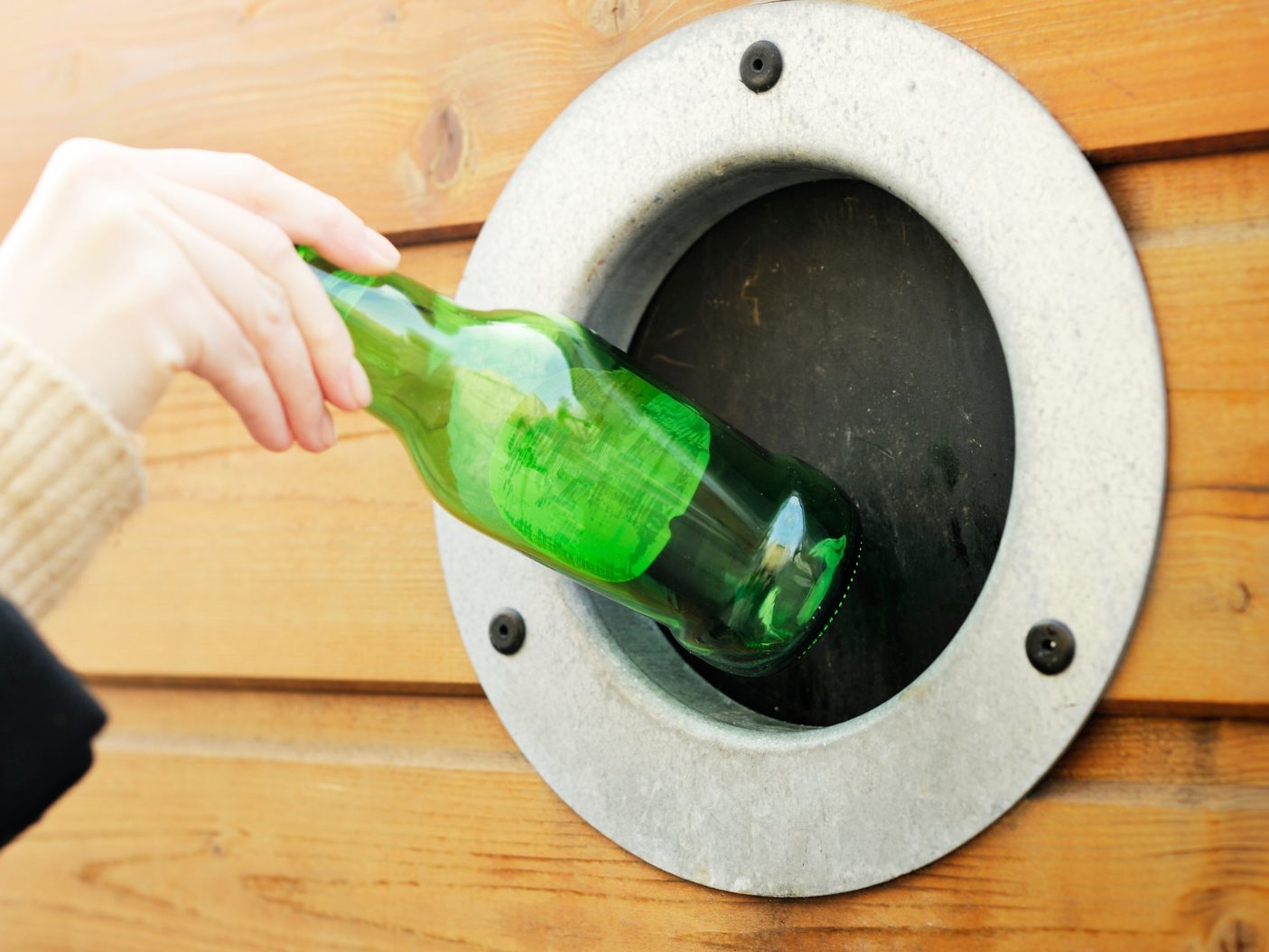Reusable Glass Bottles: Deposit Increased from 9 to 20 Cents

According to the Brewery Association, the deposit increase affects those glass bottles that are currently deposited in supermarket return machines for 9 cents: These include the classic 0.5-liter beer bottles, but also white glass bottles with screw caps and many 0.33-liter glass bottles.
Since it is "90 percent" beer bottles, the Association of Breweries has initiated, negotiated and implemented the deposit increase, according to its own statements. "The low deposit apparently led to more and more people disposing of the bottles and thus removing them from recycling," recently explained the chairman of the Association of Breweries, Karl Schwarz. The association expects that the deposit increase will result in more bottles being returned.
Deposit for Reusable Glass Bottles Has Increased
Reusable glass bottles that end up in the glass container instead of being returned to the supermarket are missing from breweries and other beverage producers and, according to association information, cause damage in the millions to the industry. "This saves a lot of resources in the very energy-intensive production of glass bottles," says Brewery Association Chairman Schwarz. Reusable glass bottles can be refilled up to 40 times. "The increase in the deposit for reusable glass bottles is purely positive from our point of view," said the managing director of the German beverage manufacturer fritz-kola, Florian Weins, to APA. A deposit increase in Germany - currently 8 cents per reusable glass bottle - "has not yet been successful". "Every bottle not returned is a loss-making business," says the fritz-kola boss. A glass bottle costs the company between 12 and 20 cents.
According to a recent "Standard" report, the value of already stored reusable glass bottles also increased overnight. This makes the industry nervous, the newspaper wrote last week. Therefore, the exact timing of the deposit cost increase, which industry insiders had already expected, was a well-kept secret until last week. "There is an agreement between trade and manufacturers that regulates the details. We don't want to say more about it," said Spar in response to an APA inquiry.
Deposit Increase: There Apparently Weren't Many Panic Buys
There apparently weren't many panic buys due to the deposit increase. "The impact of the increase in the reusable deposit on the demand for corresponding containers is manageable in our markets," explained the Billa parent company Rewe. "Only occasionally can it currently happen that the demand for corresponding containers increases or fewer containers are returned." Hofer also cannot "currently detect large fluctuations" in the demand for beer in glass reusable bottles.
Since the beginning of January, there has also been a one-way deposit system for plastic bottles and aluminum cans (25 cents) in Austria. The deposit system applies to all one-way beverage bottles and aluminum cans from 0.1 to three liters, the consumer pays 25 cents as a deposit. If you return the empty, uncrushed bottles and cans with a readable label, you also get the money back. No deposit is levied on Tetrapak, milk and medical products or syrup, for example.
Until the end of March, beverage manufacturers are allowed to deliver their goods, which do not yet have a one-way deposit sign, to the trade. Supermarkets and other retailers are allowed to sell the goods until the end of the year. This year there is therefore a temporary coexistence of plastic bottles and cans with and without a deposit. "Due to the transitional regulation, the majority of the packaging will only be converted in the coming months," said the food discounter Lidl. Customers would thus "gradually get used to the new system".
(APA/Red)
This article has been automatically translated, read the original article here.





